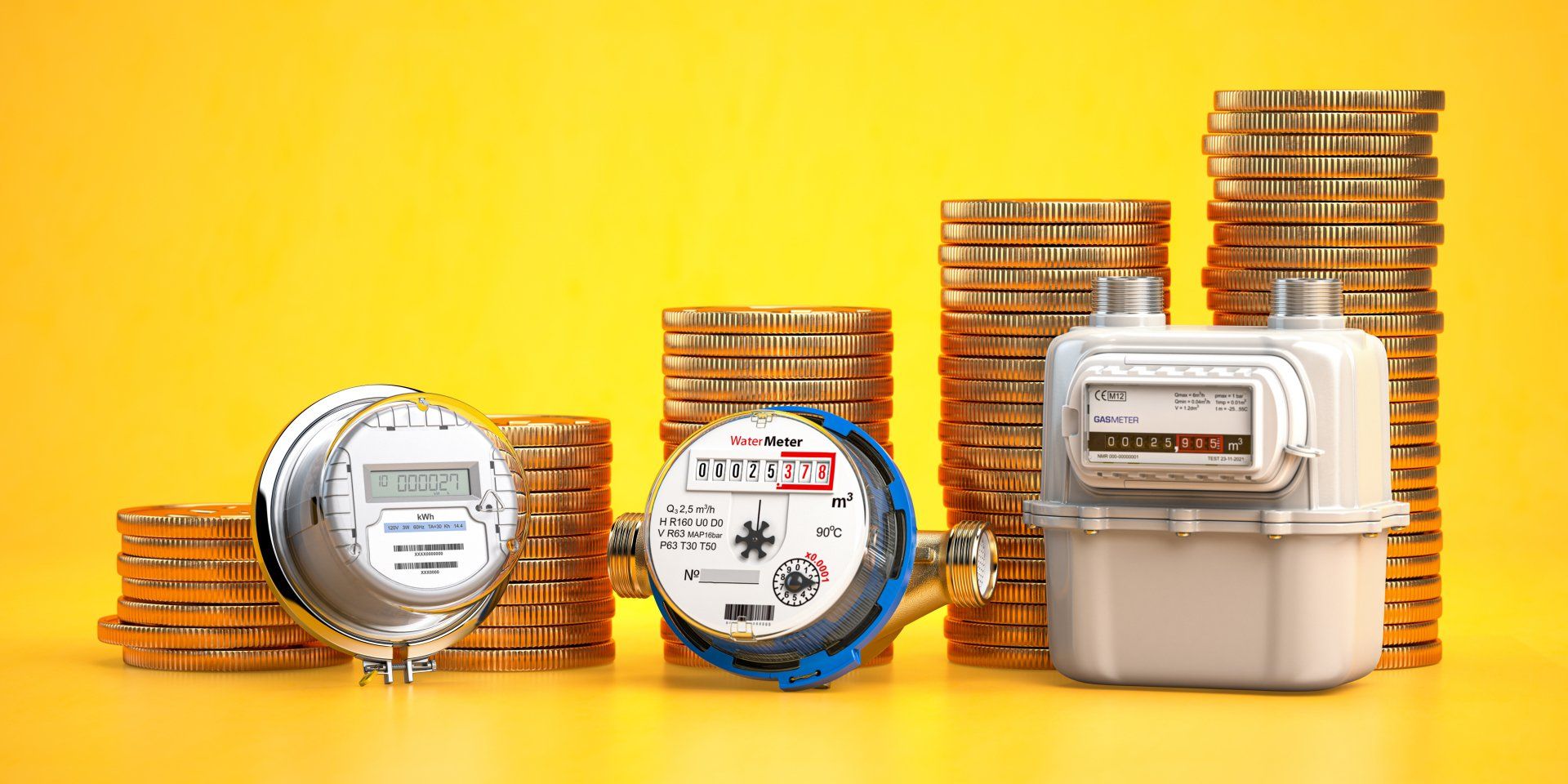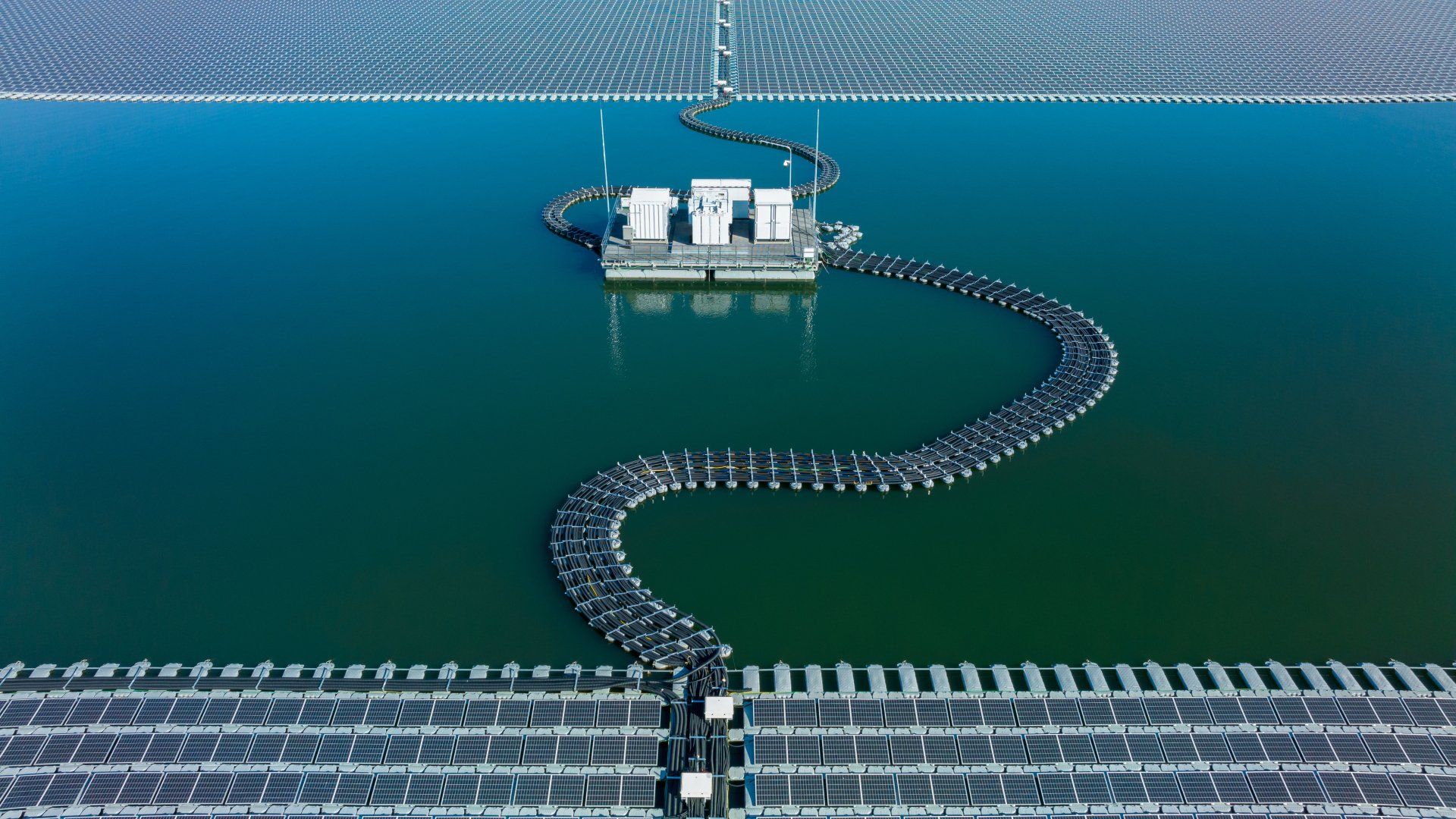Data Security

We take your privacy seriously. All interactions are subject to our Terms of Service, Privacy and Cookie Policies.
Follow Us
Get the latest news delivered to your inbox.
How to Choose a Solar Battery for your Home
Share with Friends
As the cost of solar energy continues to decline, solar battery storage systems are becoming more popular. Furthermore, utility companies are placing a higher value on the ability to store energy generated from customer-owned solar arrays during periods of peak demand.
The basics of solar energy and batteries, and why you might want to consider a solar battery for your home.
Solar energy is created by the sun and is a renewable resource. Solar energy can be used for heating and cooling buildings, generating electricity, and producing hot water. Solar cells convert sunlight into electricity. A solar panel is a group of solar cells connected together. Photovoltaic (PV) panels are used to generate electricity from sunlight.
Battery storage systems are becoming more popular as the cost of solar energy continues to decline and as utilities place a higher value on the ability to store energy generated from customer-owned solar arrays during periods of peak demand.
Types of Solar Batteries:
There are a few different types of solar batteries on the market.
Lead acid batteries are the most common type of solar battery and are relatively cheap. However, they also have the shortest life span.
Lead acid batteries have been around for a long time and are still popular today. They are relatively inexpensive and can store a lot of energy, making them ideal for solar applications. However, they are also quite heavy and require regular maintenance to keep them in good condition.
Another type of solar battery is the nickel-cadmium battery. These batteries are more expensive than lead acid batteries, but they last longer and can handle more charge cycles. They are also less likely to leak or corrode, making them a good choice for outdoor applications.
Third on the list is the nickel-metal-hydride battery. This type of battery is similar to the nickel-cadmium battery, but it has a higher capacity and is able to handle more charge cycles. It is also less expensive than the lithium-ion battery, making it a popular choice for solar applications.
Benefits of Getting a Solar Battery for your Home
A solar battery is a battery that stores energy generated by solar panels. Solar batteries are a good investment for homeowners who want to store solar energy to use during power outages or times of high electricity demand. Solar batteries can also reduce the number of money homeowners spend on electricity.
Here are some key benefits to keep in mind:
- Solar batteries allow you to store energy from the sun for use when you need it most
- Solar batteries provide a backup in the event of a power outage
- Solar batteries help reduce your reliance on the grid
- Solar batteries can increase the value of your home
- Solar batteries are environmentally friendly
- Solar batteries are cost-effective in the long run.

Share with Friends
Other Articles You may Like




